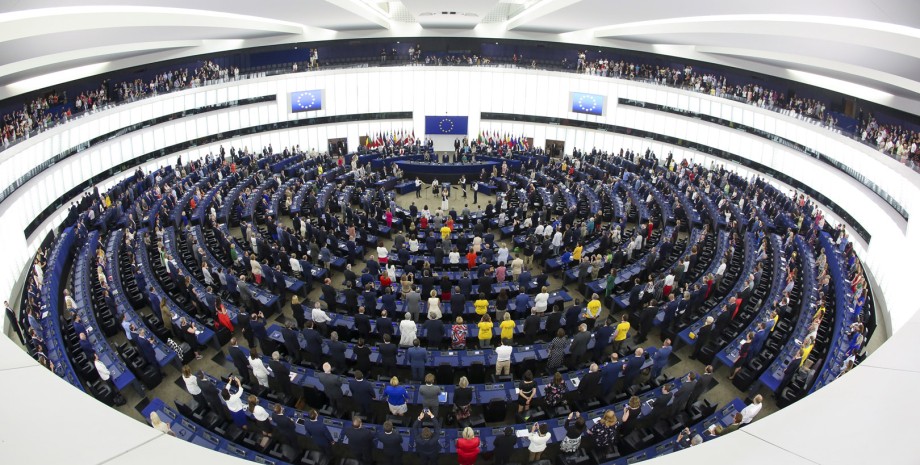
The beginning of work on the following restrictions for Russia was confirmed by the MP of the European Parliament from the Czech Republic Tomash Zekhovsky in a comment to the Russian media "Izvestia". He noted that the development of the project will take a long time, but it will soon be presented to all member countries. Brussels also confirmed that they are ready to continue to strengthen sanctions on Moscow and will happen in the near future.
"We are always ready to accept new sanctions against Russia, although we never comment on their possible content in advance," said the official representative of the European Commission, Daniel Sheridan Ferry. Estonia, Jan Toom, said that the Baltic States would be likely to take the initiative in this matter, but at the same time the sanction instrument is not endless, and most likely the boundary will soon come.
These words are confirmed by the fact that the dynamics of adoption of sanctions have declined greatly. It took about half a year to agree on the 12th Package of Sanctions, while the first 9 packages were approved from March to December 2022. A diplomatic source in Brussels in a comment to journalists from the TASS media stated that the EU is not going to abolish the approved restrictions even after the war in Ukraine is over and the peace agreement is signed.
In order to enter or cancel sanctions, it is necessary that this decision be made unanimously. That is, only one voice is enough for or against and then the issue will be postponed for an unlimited time. But the head of the European Commission Ursula von Der Lyen and the head of the EU Dipper Josep Borrel assumed that sanctions could still be removed, but for this Moscow would have to pay Kiev for damage.










All rights reserved IN-Ukraine.info - 2022